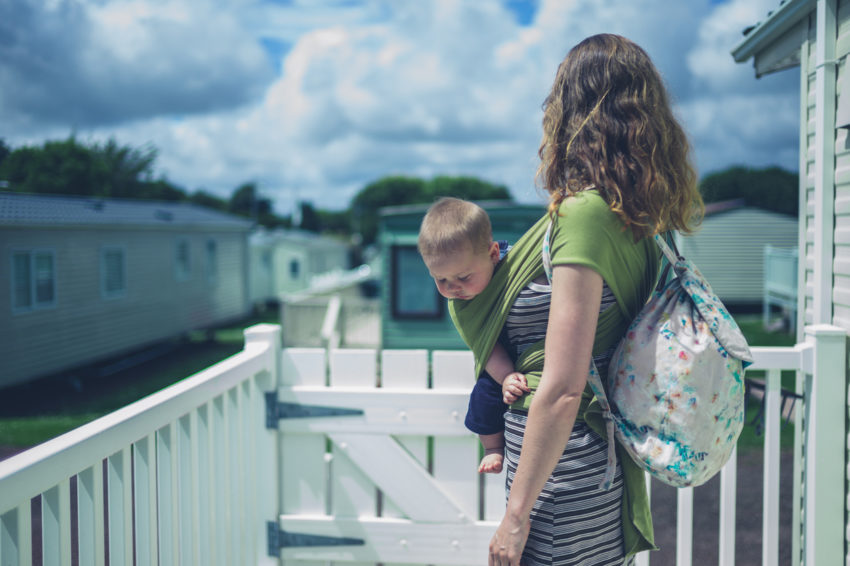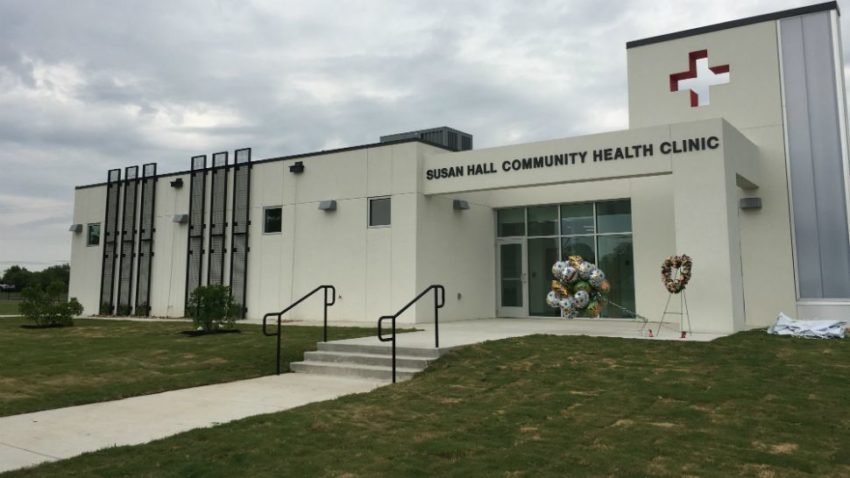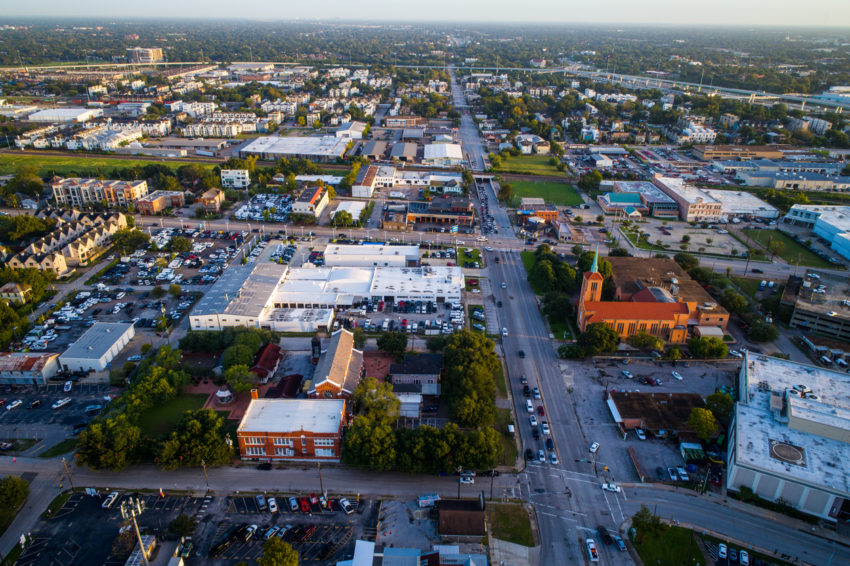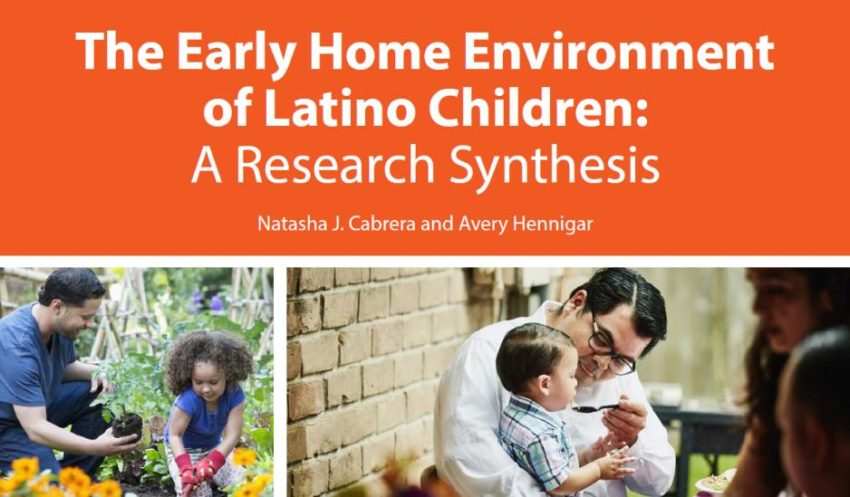Tell Healthy People 2030: Address Social Determinants in New Definition of Health Literacy

What exactly is “health literacy”? Governmental health leaders want to provide a good definition. Healthy People 2030, a 10-year outline of health improvement goals from the U.S. Department of Health and Human Services, wants your input on their working definition: “Health literacy occurs when a society provides accurate health information and services that people can easily find, understand, and use to inform their decisions and actions.” This definition, while an improvement over Healthy People 2020’s, focuses too much on healthcare-related information and services and too little on the social determinants of health. So, we drafted a model comment and a revised definition to submit by Aug. 5, 2019! Send an Email: Address Social Determinants in the Definition of ...
Read More







